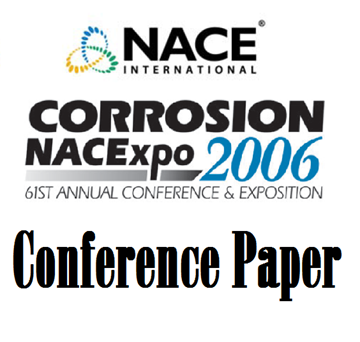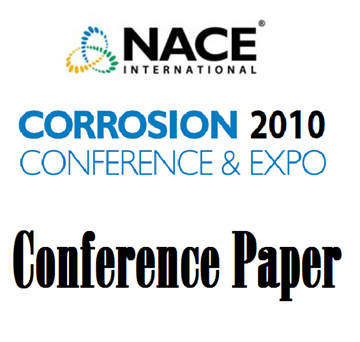Search
03713 PROBLEMS ASSOCIATED WITH REMOTE ANODE BEDS IN A VERY LOW RESISTIVITY SOIL FOR THE PROTECTION OF PIPING NETWORK IN THE CONGESTED AREAS OF A PETROCHEMICAL COMPLEX
Also Purchased
06163 CATHODIC PROTECTION OF PIPELINES IN HIGH RESISTIVITY SOILS AND THE EFFECT OF SEASONAL CHANGES
Product Number:
51300-06163-SG
ISBN:
06163 2006 CP
Publication Date:
2006
$20.00
97582 ADVANTAGES OF CONTINUOUS IMPRESSED CURRENT ANODES IN HIGH RESISTIVITY SOIL ENVIRONMENTS
Product Number:
51300-97582-SG
ISBN:
97582 1997 CP
$20.00
10025 Remoteness of Impressed Current Anode Ground Beds
Product Number:
51300-10025-SG
ISBN:
10025 2010 CP
Publication Date:
2010
$20.00




